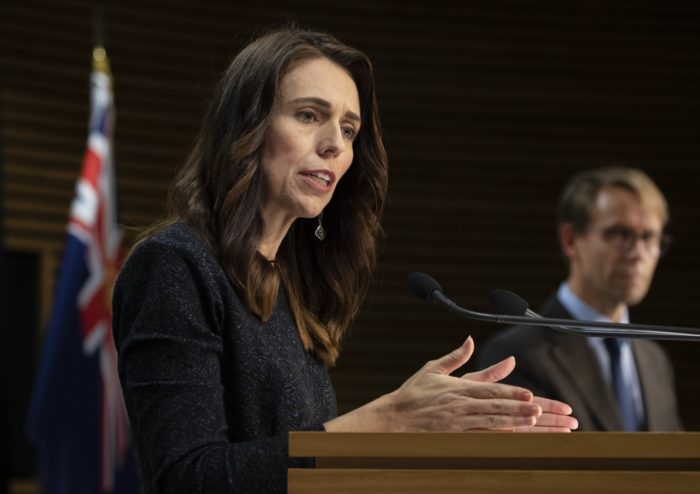Swift action, compassion and trust in science mark the most effective responses to the coronavirus.
Leadership may be hard to define, but in times of crisis it is easy to identify.
New York Times
The editorial board is a group of opinion journalists whose views are informed by expertise, research, debate and certain longstanding values. It is separate from the newsroom.
Credit…Pool photo by Mark Mitchell
As the pandemic has spread fear, disease and death, national leaders across the globe have been severely tested. Some have fallen short, sometimes dismally, but there are also those leaders who have risen to the moment, demonstrating resolve, courage, empathy, respect for science and elemental decency, and thereby dulling the impact of the disease on their people.
The master class on how to respond belongs to Jacinda Ardern, the 39-year-old prime minister of New Zealand. On March 21, when New Zealand still had only 52 confirmed cases, she told her fellow citizens what guidelines the government would follow in ramping up its response. Her message was clear: “These decisions will place the most significant restrictions on New Zealanders’ movements in modern history. But it is our best chance to slow the virus and to save lives.” And it was compassionate: “Please be strong, be kind and united against Covid-19.”
Ms. Ardern, a liberal, then joined with the conservative prime minister of Australia, Scott Morrison, in shaping a joint effort that has all but eliminated the virus from their island nations.
Other examples of countries where swift and decisive action helped allay the impact of the disease and unite the nation range from South Korea and Taiwan in Asia to Germany, Greece and Iceland in Europe. Women, a minority among the national leaders of the world, emerged among the most effective and reassuring of them.



